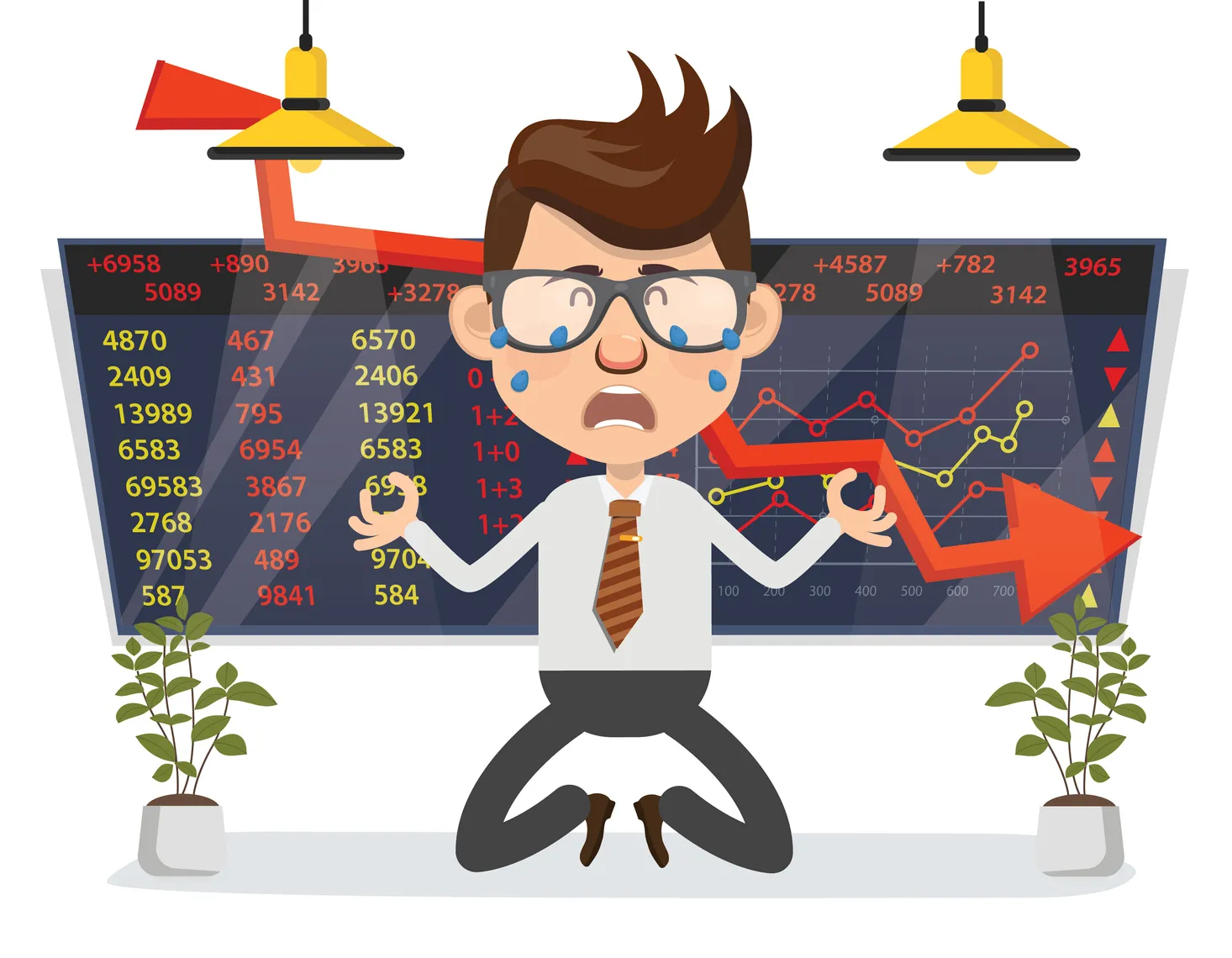What is a liquidity crisis?

A liquidity crisis is economic and financial terminology for a shortage of liquidity. It can refer to various types of liquidity including funding, market and accounting liquidity. Certain economists state that a market is liquid if it can consume liquidity trades without large shifts in price.
Key takeaways:
-
A liquidity crisis occurs when a company or financial institution experiences a shortage of cash or liquid assets to meet its financial obligations.
-
Liquidity crises can be caused by a variety of factors, including poor management decisions, a sudden loss of investor confidence, or an unexpected economic shock.
-
To prevent a liquidity crisis, companies should maintain adequate levels of cash and liquid assets, regularly assess their financial risks, and have contingency plans in place.
-
During a liquidity crisis, companies may need to take immediate steps to raise cash, such as selling assets, reducing expenses, or seeking emergency loans from banks or investors.
Where have you heard about liquidity crisis?
One of the earliest and most influential models of liquidity crisis is the Diamond-Dybvig model. Developed in 1983, it demonstrated how financial intermediation by banks, executed by accepting assets that are intrinsically illiquid and posing liabilities which are much more liquid, is more likely to make banks vulnerable to bank runs.
What you need to know about liquidity crisis
Significant drops in asset prices are rife during a liquidity crisis. This is why asset prices are vulnerable to liquidity risk and risk averse investors need a higher expected return as a means of compensation to account for the risk that they are taking. The CAPM imparts that if an asset has a high market liquidity risk then it should also have a higher required return. Certain economists believe that financial liberalisation and increased amounts of foreign capital are to blame, at least in the short term, for the aggravated illiquidity and increased vulnerability in banks.